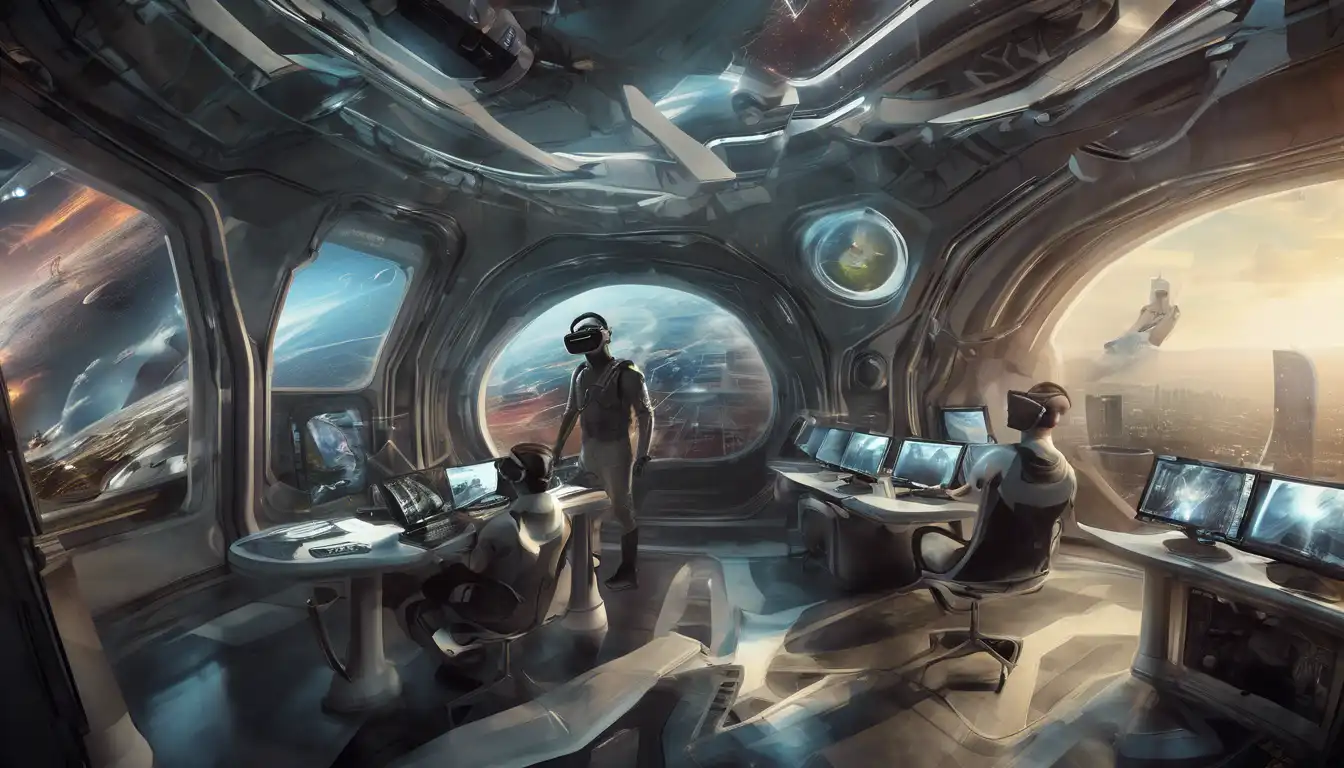Introduction to Virtual Reality
Virtual Reality (VR) is rapidly becoming one of the most exciting and transformative technologies in the digital age. By creating immersive, interactive environments, VR offers unparalleled opportunities for entertainment, education, and beyond. This article delves into the current state of VR technology, its applications, and what the future holds.
The Current State of VR Technology
Today's VR technology has evolved far beyond its initial gaming applications. With advancements in hardware and software, VR now offers realistic simulations that can be used for training, therapy, and virtual tourism. Companies like Oculus, HTC, and Sony are at the forefront, pushing the boundaries of what's possible.
Applications of Virtual Reality
VR's applications are vast and varied. Here are some of the most impactful uses today:
- Education: VR can transport students to historical sites or simulate scientific phenomena, making learning more engaging.
- Healthcare: From surgical training to PTSD therapy, VR is revolutionizing patient care and medical education.
- Real Estate: Virtual tours allow potential buyers to explore properties from anywhere in the world.
- Entertainment: Beyond gaming, VR is changing how we experience movies, concerts, and social interactions.
The Future of Virtual Reality
The potential for VR is limitless. With the advent of 5G, cloud computing, and AI, VR experiences will become more seamless and realistic. Future developments may include fully immersive virtual workplaces, enhanced social VR platforms, and even more sophisticated training simulations. The integration of VR with other technologies like augmented reality (AR) and the Internet of Things (IoT) will further expand its applications.
Challenges and Considerations
Despite its promise, VR faces challenges such as high costs, hardware limitations, and concerns over privacy and data security. Addressing these issues is crucial for widespread adoption. Additionally, creating content that is accessible and inclusive will ensure that VR benefits a diverse range of users.
Conclusion
Virtual Reality is not just the next frontier in tech; it's a gateway to new worlds of possibility. As technology advances, VR will continue to break barriers, offering experiences that were once the realm of science fiction. The journey into virtual reality is just beginning, and its impact on society will be profound and far-reaching.
For more insights into the latest tech trends, explore our tech trends section.
